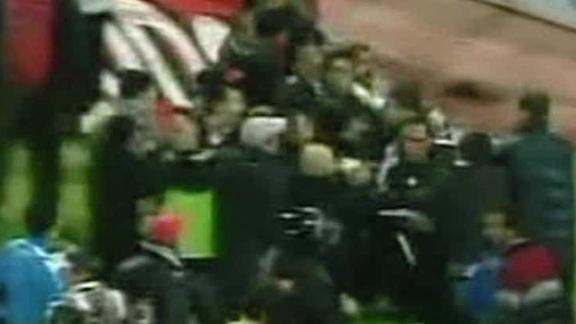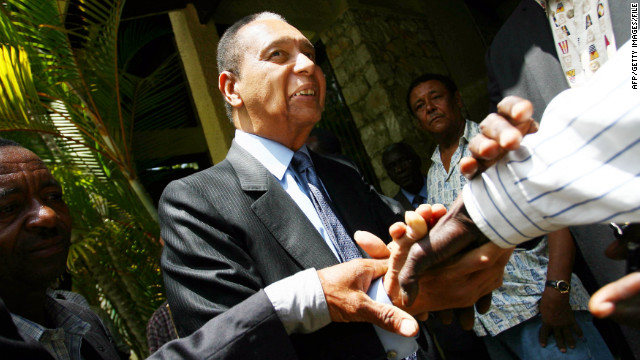By Tyler Yates
Impunity Watch Reporter, Middle East
CAIRO, Egypt — At least 74 people were killed and hundreds more injured when fans stormed the field after an Egyptian football game on Wednesday. An investigation is ongoing to investigate why riot police failed to stop the chaos.

The Egyptian military has declared three days of mourning.
The riots highlight a deteriorating security situation in Egypt, still flailing a year after a revolution, which found Hosni Mubarak, president for over thirty years, ousted and replaced by a temporary military rule.
The fight began after an upset victory by the Al-Masry team over the Al-Ahly team. The winning team stormed the field and began attacking players and supporters of Al-Ahly, even going so far as to chase the players into their locker rooms. Health officials said that victims were stabbed, trampled, and beaten. There were members of the Egyptian police among the dead.
Estimates put the number of fans supporting the winning team at about 10 to 1. This disproportion likely added to the chaos.
The incident once again thrusts the ultras, a group of organized soccer fans that played a role in the Egyptian revolution, back into the spotlight. The ultras have rallied against military rule, and have been very anti-police.
The relationship between the police and the ultras has brought some criticism that the police had reason to allow the riot to continue as a means of revenge.
Witnesses report that there were hundreds of riot police present at the game, but rather than get involved they just stood and watched. The security forces attempted to turn off the stadium lights in an effort to force people out of the stadium, but this did not help.
The New York Times says the rumors are “impossible to confirm,” but one player interviewed by the Guardian says he saw police urge fans to come onto the field. He also claims to have seen people with “knives and swords” in the melee.
The violence got so bad that it began extending outside of the stadium, reaching into the neighboring province of Suez.
In response to the riot, the Egyptian government has declared that they will punish those responsible, and that justice will be sought. The Egyptian parliament has called an emergency session.
Overall, there is a growing animosity towards the police and the military in Egypt. Since the revolution the police and security forces have been accused of not actively engaging in law enforcement. They have taken a stand back and watch position.
The riot will likely force the military to respond to these allegations of standing back rather than doing their duty.
The governor of Port Said has since resigned in response to the riot. The head of the Port Said security has been suspended, and the head and board of the football association fired.
There are calls for the firing of the interior minister and a purging of the police force, as many voice disapproval of scapegoating regional officials rather than attempting to fix the real problem.
At least four people have been killed in post-riot fighting, much of which has been the result of protesting against police out of anger for their preventing to stop the earlier riot.
For more information, please see:
Bloomberg — Egypt Lawmakers Criticize Police After Deadly Soccer Riot — 3 Feb. 2012
Macleans — Egypt soccer riots continue — 3 Feb. 2012
Newsday — 4 killed in Egypt clashes over deadly soccer riot — 3 Feb. 2012
NPR — Egypt Soccer Game Turns Deadly for Fans — 2 Feb. 2012

